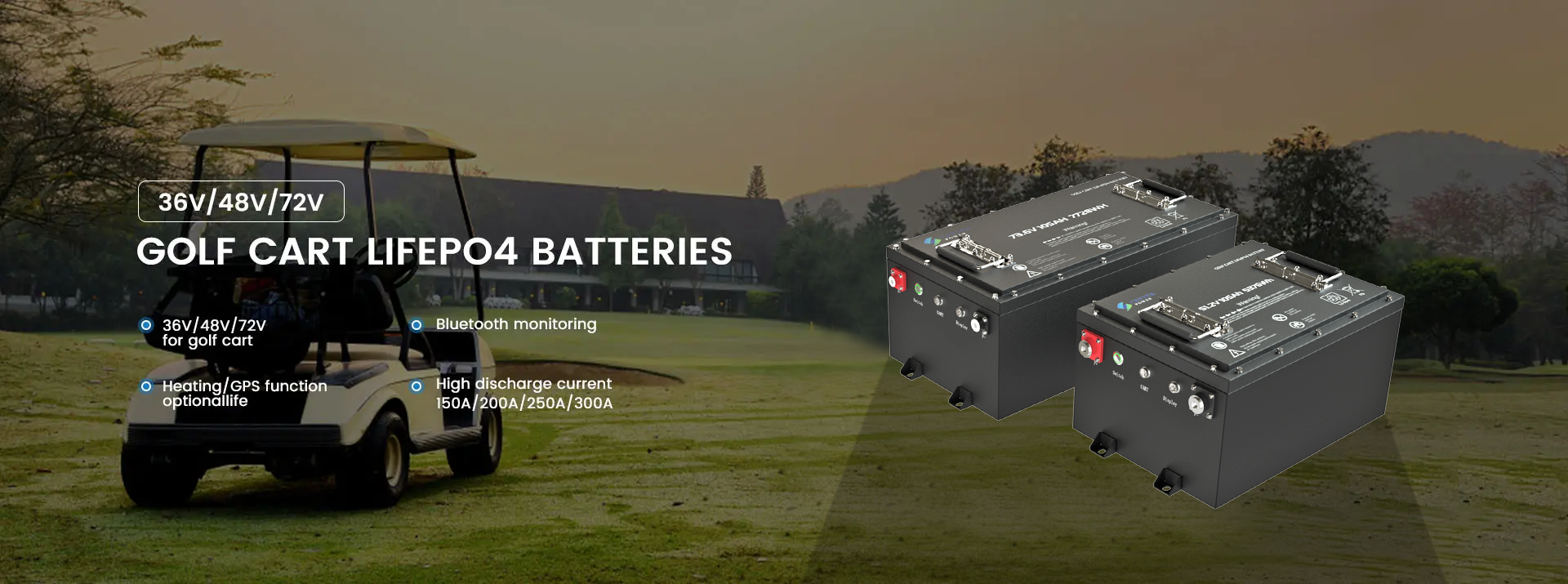Certainly! Here’s an expanded look at the differences between marine and car batteries, their pros and cons, and potential scenarios where a marine battery could work in a car.
Key Differences Between Marine and Car Batteries
- Battery Construction:
- Marine Batteries: Designed as a hybrid of starting and deep-cycle batteries, marine batteries are often a mix of cranking amps for starting and deep-cycle capacity for sustained use. They feature thicker plates to handle prolonged discharge but can still provide enough starting power for most marine engines.
- Car Batteries: Automotive batteries (usually lead-acid) are built specifically to deliver a high-amperage, short-duration burst of power. They have thinner plates that allow more surface area for a quick energy release, which is ideal for starting a car but less effective for deep cycling.
- Cold Cranking Amps (CCA):
- Marine Batteries: While marine batteries have cranking power, their CCA rating is generally lower than that of car batteries, which can be an issue in colder climates where high CCA is necessary for starting.
- Car Batteries: Car batteries are rated specifically with cold-cranking amps because vehicles often need to start reliably in a range of temperatures. Using a marine battery may mean less reliability in extremely cold conditions.
- Charging Characteristics:
- Marine Batteries: Designed for slower, sustained discharges and often used in applications where they are deeply discharged, like running trolling motors, lighting, and other boat electronics. They are compatible with deep-cycle chargers, which deliver a slower, more controlled recharge.
- Car Batteries: Typically topped off frequently by the alternator and meant for shallow discharge and rapid recharge. A car’s alternator may not charge a marine battery efficiently, potentially leading to shorter lifespan or underperformance.
- Cost and Value:
- Marine Batteries: Generally more expensive due to their hybrid construction, durability, and additional protective features. This higher cost may not be justified for a vehicle where these added benefits are not necessary.
- Car Batteries: Less expensive and widely available, car batteries are specifically optimized for vehicle use, making them the most cost-effective and efficient choice for cars.
Pros and Cons of Using Marine Batteries in Cars
Pros:
- Greater Durability: Marine batteries are designed to handle rough conditions, vibrations, and moisture, making them more resilient and less prone to issues if exposed to harsh environments.
- Deep-Cycle Capability: If the car is used for camping or as a power source for extended periods (like a camper van or RV), a marine battery might be beneficial, as it can handle prolonged power demands without needing constant recharging.
Cons:
- Reduced Starting Performance: Marine batteries may not have the required CCA for all vehicles, leading to unreliable performance, especially in colder climates.
- Shorter Lifespan in Vehicles: The different charging characteristics mean a marine battery may not recharge as effectively in a car, potentially reducing its lifespan.
- Higher Cost with No Added Benefit: Since cars don't need the deep-cycle capability or marine-grade durability, the higher cost of a marine battery may not be justified.
Situations Where a Marine Battery Could Be Useful in a Car
- For Recreational Vehicles (RVs):
- In an RV or camper van where the battery may be used to power lights, appliances, or electronics, a marine deep-cycle battery can be a good choice. These applications often require sustained power without frequent recharges.
- Off-Grid or Camping Vehicles:
- In vehicles outfitted for camping or off-grid use, where the battery might run a fridge, lighting, or other accessories for long periods without running the engine, a marine battery could work better than a traditional car battery. This is especially useful in modified vans or overland vehicles.
- Emergency Situations:
- In an emergency where a car battery fails and only a marine battery is available, it can be used temporarily to keep the car operational. However, this should be seen as a stop-gap measure rather than a long-term solution.
- Vehicles with High Electrical Loads:
- If a vehicle has a high electrical load (e.g., multiple accessories, sound systems, etc.), a marine battery might offer better performance because of its deep-cycle properties. However, an automotive deep-cycle battery would typically be a better fit for this purpose.

Post time: Nov-14-2024





